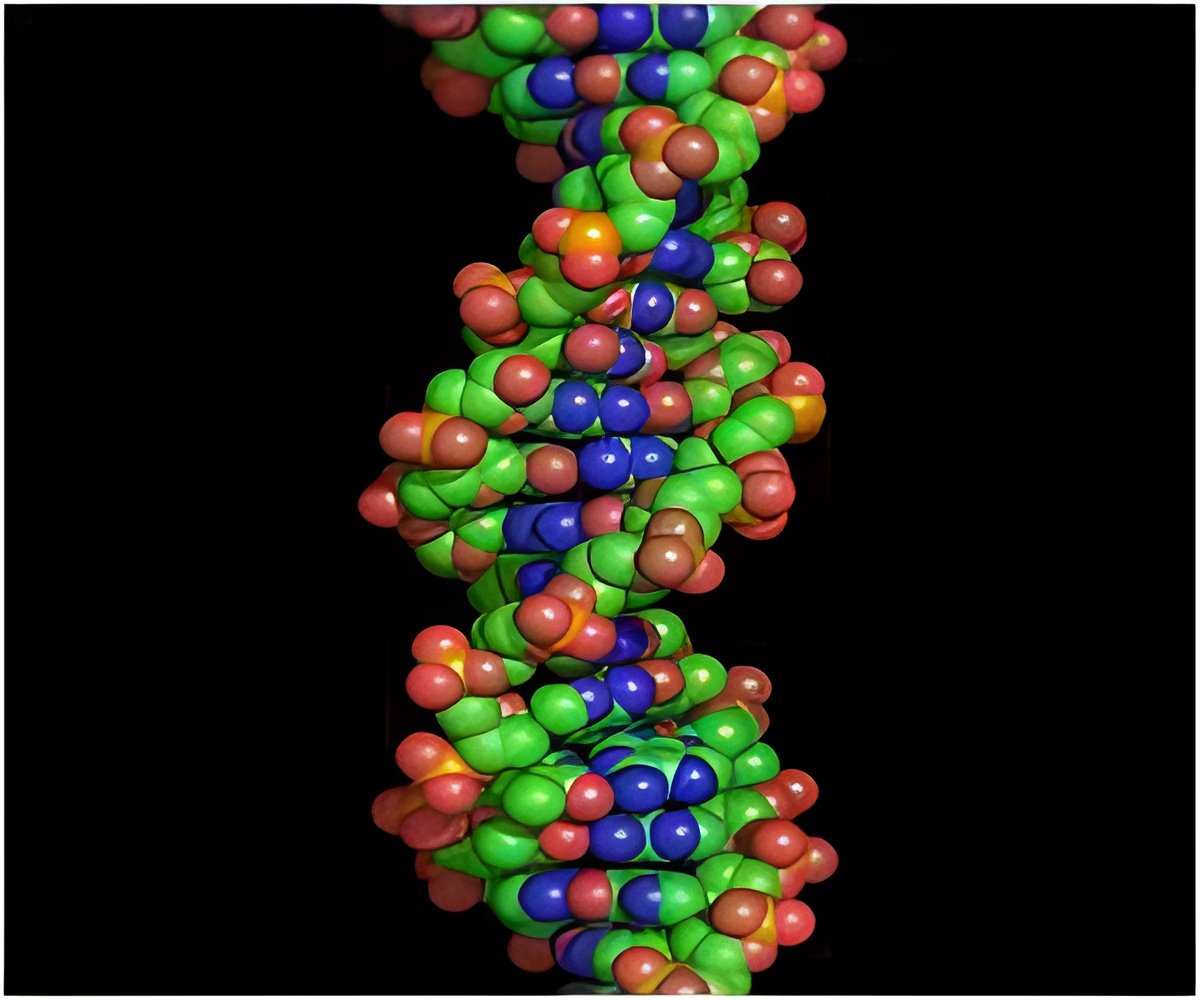New genes that have come into existence about one million years ago are equally important for life as ancient genes, states a new study.

New genes that arise as species split off from their ancestors were thought to serve less critical roles - the "vinegar" that adds flavor to the core genes.
But when nearly 200 new genes in the fruit fly species Drosophila melanogaster were individually silenced in laboratory experiments at the University of Chicago, more than 30 percent of the knockdowns were found to kill the fly.
The study suggests that new genes are equally important for the successful development and survival of an organism as older genes.
Of the 195 young genes tested, 59 were lethal, causing the fly to die during its development. When the same method was applied to a sample of older genes, a statistically similar figure was found: 6 of 245 genes were lethal when silenced.
Because the young genes tested only appeared between 1 and 35 million years ago, the data suggests that new genes with new functions can become an essential part of a species' biology much faster than previously thought.
Advertisement
Source-ANI









